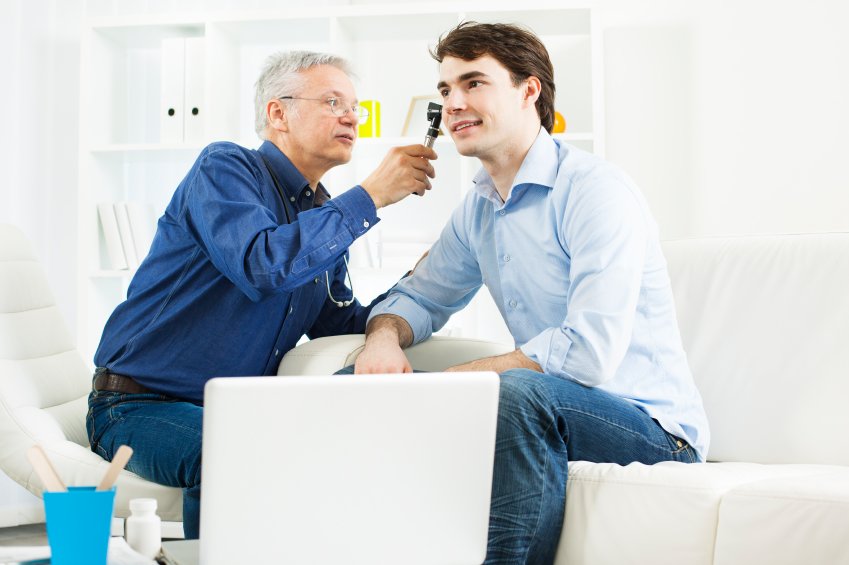There is a problem with people under 30. More specifically, there is a problem with their hearing, although they may not yet have noticed in many cases, they may be going deaf. A study by Rosbin Syed, the lead paediatric audiologist at Central Middlesex Hospital, suggests that it is all down to the way so many young people are listening to music on their phones. The sound is too loud, and they are listening for too long, and this combination is causing irreparable hearing damage.
What did the research say?
In fact, her research has shown that although the safe maximum level of prolonged noise exposure is 85 decibels, young people are listening to their music at around 110 decibels, which is equivalent to a jumbo jet taking off.
The study was prompted by the rising numbers of young people who have been suffering from hearing loss. Over the last decade the numbers have been dramatically rising, and the types of hearing loss detected are what, 10 or 20 years ago, would have been seen in those over 50 rather than those under 30. One of the biggest problems is that by the time anyone realises they have a hearing problem, the damage has been done and it is too late to change anything.
It is the tiny and delicate hairs within the cochlea that become damaged through loud noise. Their job is to detect sound waves, but when the sounds are too loud, the hairs stop working altogether.
Right now there are around 11 million people in the UK who suffer from hearing loss, but by 2035 that number is expected to be almost 16 million, due mostly to the younger people who are currently damaging their hearing without knowing it and could be going deaf.
Ms Syed would like to see audio products – and headphones in particular – come with warning labels, and for people to understand that, even with good quality (poor quality equipment usually requires the sound to be turned up even louder), noise cancelling headphones, 15 minutes should be the maximum time to use them before giving your ears a rest.







